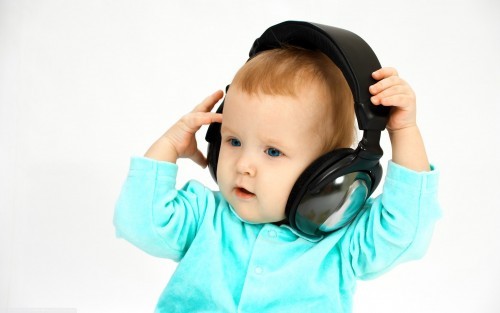Without scientific proofs, many people tend to correlate the learning of Mozart’s compositions to an increase in intelligence in newborns. One of the most apparent example is that parents often play Mozart’s composition to their newborn with the hopes that their child will become smarter. This is commonly known as the Mozart effect. The Mozart effect was first introduced in 1991, but it did not become a popular topic two years later when this idea was published in a journal by Nature, a science journal. Since the publication of this journal, many people began advertising CDs and online audio of Mozart’s music. For example, in 1998, the governor of the state of Georgia in the United States placed aside a certain budget so each newborn babies will be sent a classical CD. Similarly, when a psychologist named Sergio Della Sala visited a farm in Italy, he learned that the farmer plays Mozart three times a day for the cows to help them produce better milk. While there are many examples of the Mozart effect, there has not yet been any scientific reasonings behind this theory.
Although the Mozart effect is still very popular, some studies done did not support the Mozart’s effect. For example, in 2006, a large study involving eight thousand children ages 10 to 11 was conducted in Britain. These children listened to mozart’s string quintet in D major, a discussion on a certain topic, and or a sequence of three pop songs: “Country House” by Blur, “Return of the Mack” by Mark Morrison, and “Stepping Stone” by PJ and Duncan. Following the experiment, participants were given series of mental tasks to complete. The most common task asked the participants to look at folded pieces of paper with different cuts in them and they are then asked to predict the appearance of the paper when it is unfolded. In this particular experiment, the results were that the children who listened to series of pop music did better than the children who listened to Mozart. Furthermore, studies focused solely on the Mozart group showed that the effect of listening to Mozart to increase intelligence is only temporary. In reality, the Mozart effect only last 15 minutes on average. This caused many questions concerning the Mozart effect and whether listening to Mozart’s music really improves intelligence in newborn and children.
With studies failing to support the Mozart’s effect, other studies began to question the failure as well as to derive new conclusion based on old data. An explanation for rejecting the Mozart’s effect is that instead of listening to Mozart, any stimulus to the brain can allow us to perform better. In addition, it is more favorable to stimuli the brain with something that interest the participants for maximum results. Furthermore, a study conducted by Jessica Grahn, a scientist from Western University, Ontario, suggests that to increase long-term intelligence, learning music instruments in one year is able to increase one’s IQ by as much as three points. Thus, the era of the Mozart effect was proven to be over and the era of learning new instruments began.
Youtube video on today’s parenting and their views on the Mozart’s effect. “The Mozart Effect? Sooo 90’s. Now introducing…The DoReMi Effect!” Copyright to CreativityMobile

– Vivian Wu




3 responses to “Mozart or No Mozart”